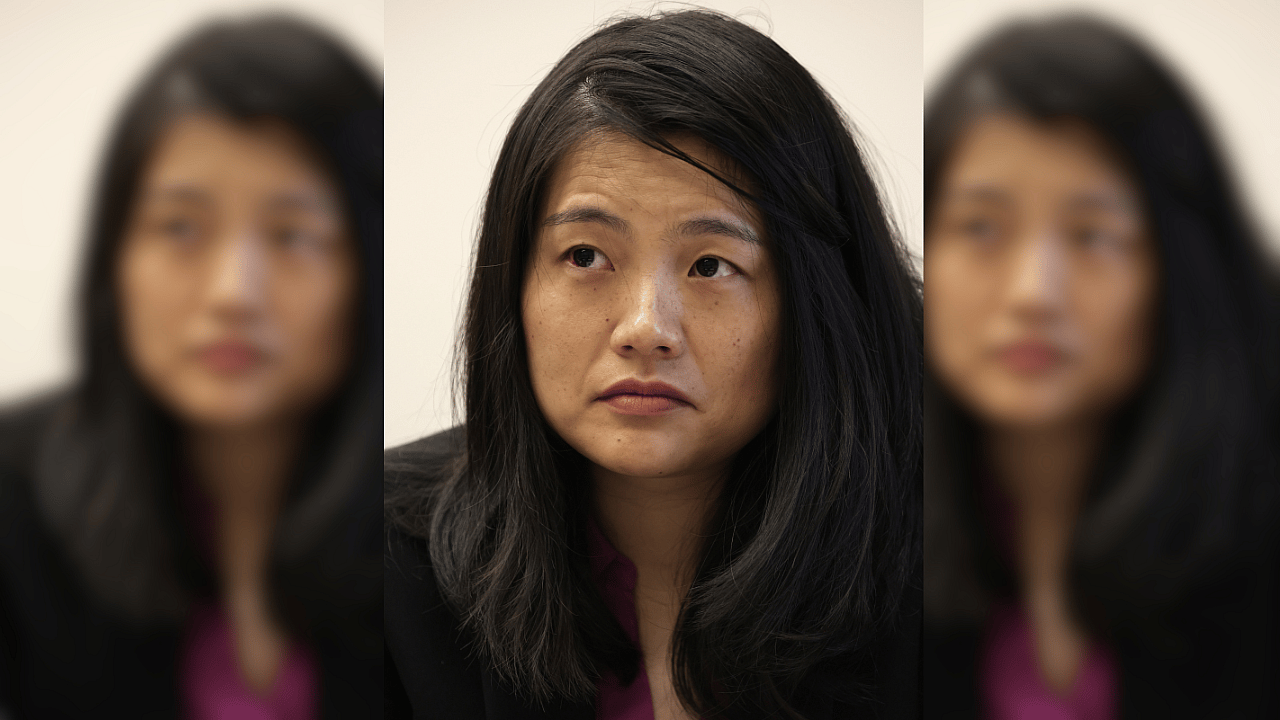Social media platforms in China have come under fire by Human Rights Watch for allegedly disregarding widespread racism against Black people while generating profit.
According to Aljazeera, after reviewing hundreds of videos and posts from 2021 on platforms such as Weibo, a microblogging app, and Douyin, the Chinese version of TikTok, the human rights research and advocacy group discovered content that often depicted Black people through “offensive racial stereotypes.”
“The amount and extremity of racist content on the Chinese internet suggest that the platforms either are not meeting their own standards banning racist content,” stated the HRW report, “or that their policies are inadequate when addressing racist content, both contrary to their human rights responsibilities.”

According to their report, the group discovered similar content on the video-sharing website Bilibili, the livestream and video app Kuaishou, plus the social networking and e-commerce site Xiaohongshu. These platforms, however, had yet to take any action to remove it.
Human Rights Watch observed that influencer videos portraying Black Africans as uncivilized or reliant on Chinese people as their saviors were shared with particular popularity, according to Aljazeera. Chinese people in unions with Blacks were branded traitors, while Black individuals who married Chinese were accused online of “contaminating” and endangering the Chinese race. Chinese women in interracial relationships are frequently the target of internet abuse, with threats of rape, doxing and death.
During the COVID-19 pandemic, allegations of prejudice towards Africans in China surfaced when some were evicted from their homes and singled out for quarantine, drawing unusual criticism from African leaders. Some Africans in China claimed that long before then, “blackface” and racial caricatures were used in state media and advertisements to target them with racism and xenophobia.
Chinese people who denounced racism or offered assistance to victims of prejudice were often attacked.
Human Rights Watch highlighted that most Chinese social media sites have community standards and guidelines prohibiting content that encourages racial or ethnic hatred and discrimination.
It claimed that Bilibili, Kuaishou, Weibo and Xiaohongshu failed to respond to its letters inquiring about the racist content and urged the social media sites — which swiftly remove content critical of the government — to pull any videos and posts that violate local laws against hate speech or could incite racial discrimination or violence.
The owner of Douyin, ByteDance, withdrew one video after Human Rights Watch raised concerns about it, yet did nothing to stop several others from depicting a Black child, claiming that the image was not necessarily related to any specific group or race.
Human Rights Watch noted the frequent posts urging the government to forbid Black people from settling permanently in China or getting married to Chinese people. In their online posts, some borrowed racist imagery and terminology commonly used in the United States, while others advocated for their execution.
The organization encouraged the government to do more to address the issue and take actions to promote tolerance and fight prejudice, noting that Beijing maintains “one of the world’s most sophisticated internet censorship regimes” through the alleged Great Firewall.
Yaqiu Wang, senior researcher for China at Human Rights Watch, asserted that major Chinese social media companies are not adhering to their policies to prevent prevalent racist content. She said Chinese authorities should cease promoting this toxic environment.
“The Chinese government likes to tout China-Africa anti-colonial solidarity and unity, but at the same time, ignores pervasive hate speech against Black people on the Chinese internet,” Wang said, Aljazeera reported. She urged Beijing to recognize that “undertaking investments in Africa and embracing China-Africa friendship won’t undo harm caused by unaddressed racism.”
TheGrio is FREE on your TV via Apple TV, Amazon Fire, Roku and Android TV. Also, please download theGrio mobile apps today!

